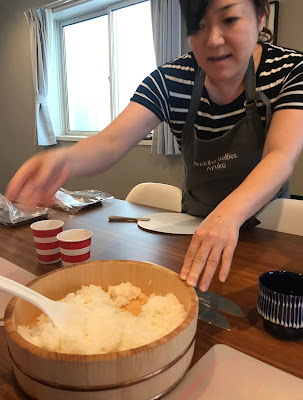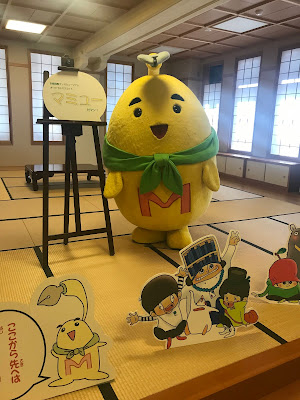Do/don't Read the Comments - Searching for Digital Collaboration
Recently while talking about her book The Natural Way of Things at the National Library of Australia (full talk online), Charlotte Wood talked about her decision to leave social:
So I was on Twitter for ages and I loved it... but I was completely addicted to it then and I was just never off it... when you’re writing a book you do need to be private, you know you need to be quiet or I need to be quiet. So I went off Twitter for nine months when I was writing this book.Wood recently returned to a social sabbatical while writing her next book, citing a combination of the "time suck" and the toxic nature of the medium. "When Donald Trump’s not there anymore maybe I’ll go back."
For others online provides that inner cheerleader to keep them going. "I think without online pals I would be a lot more productive as a writer, but I might never write at all," Jane Rawson (author of From the Wreck) said in an email interview. "I think the loneliness, the emotional isolation of writing, might unnerve me so much I’d give the whole thing away."
As well as being an author, Rawson has worked as an online editor for The Conversation and on Lonely Planet's Thorn Tree seeing the rise of comments and community.
The main thing I learned from both those places is it’s important to let people just chat about anything. If you restrict them to talking about the ostensible topic of the community (travel; news) they’ll go somewhere else when they don’t want to talk about that thing, and you won’t get any real links developing between people. It will just become an information exchange. Thorn Tree’s ‘Your choice’ branch, and The Conversation’s ‘Off-topic’ thread encourage users to come back every day just to talk with their friends. Once the links are established and people have an identity that’s valuable to them, and friends whose backs they have, it gets harder for a community to get really destructive and disrupted.This is reminiscent of Clay Shirky on the way the web can be a tool for creative collaboration in Here Comes Everybody. He argues, "Communities of practice are inherently cooperative, and are beautifully supported by social tools, because that is exactly the kind of community whose members can recruit one another or allow themselves to be found by interested searchers."
Way back in 2009 I surveyed Australia's lit blogging scene for The Big Issue and found nascent writerly communities. It was over seven years ago (and pre-Trump) but author/blogger/critic James Bradley was optimistic:
...it [the web] still has a reputation for being a place filled with flamers and wingnuts screaming abuse, [but] I think the net's become a much more civil place over the last couple of years. Partly that was because it had to if it was going to work, so people learned to moderate their behaviour, partly it's just that we're getting better at using the technology. And although I get the odd horrible commenter or email, the nice surprise has been how many positive relationships and friendships I've developed through the blog: that community aspect is a real joy.All of this is research for a paper I'm writing for the ASAL Australian Writing After the Internet Mini Conference. As much as getting my own thinking straight, it's an appeal to the hive mind - are there web tools you use as a writer? Do you blog as a way of drafting longer articles or calling for research? Are you part of a clandestine community of writers? Or has the web gotten even more unworkable with the creation of echo chambers? Do you collaborate using comments? Or can drafts only be produced in isolation?





It's ironic that there are no comments on this post isn't it?
ReplyDelete